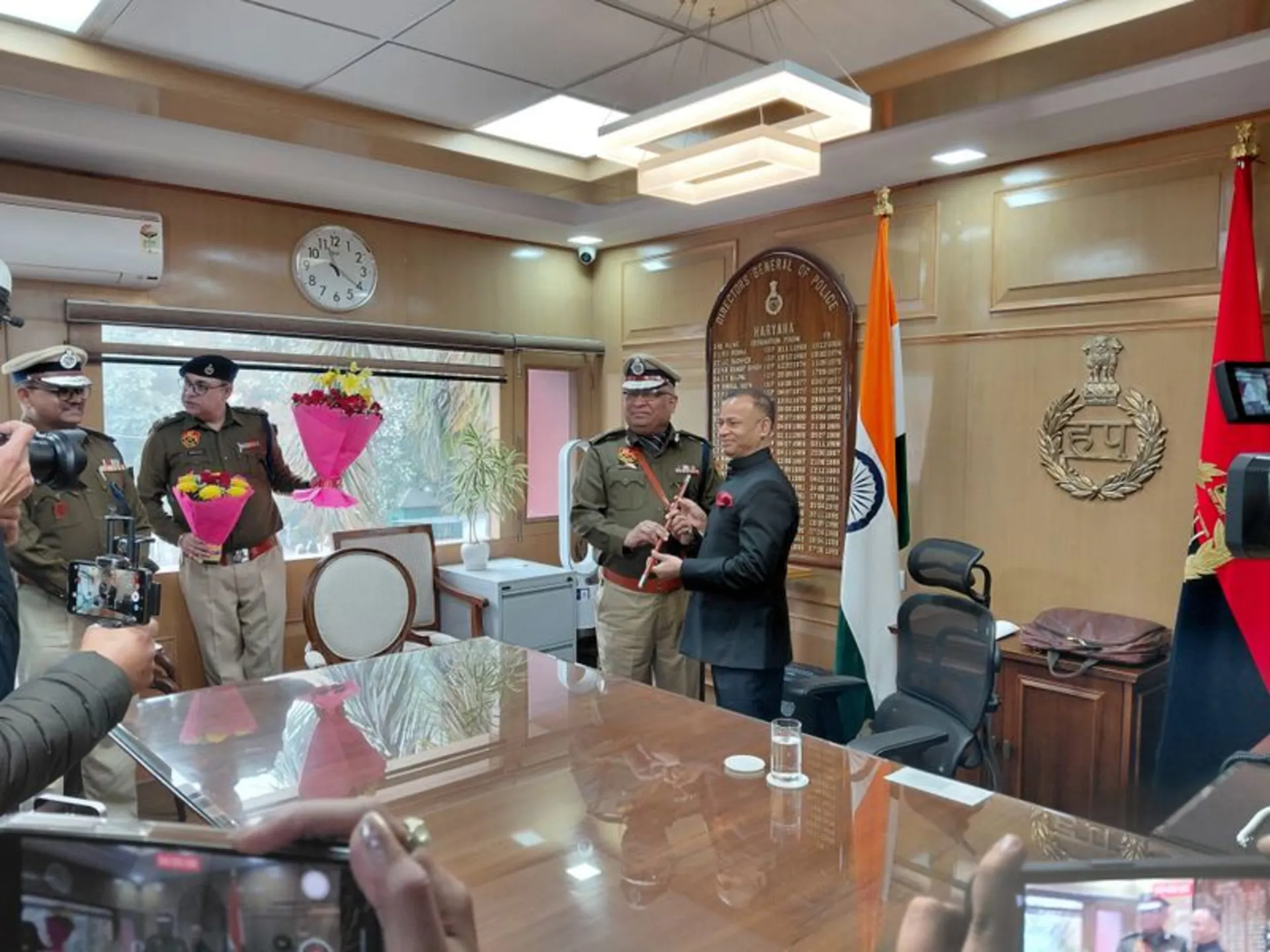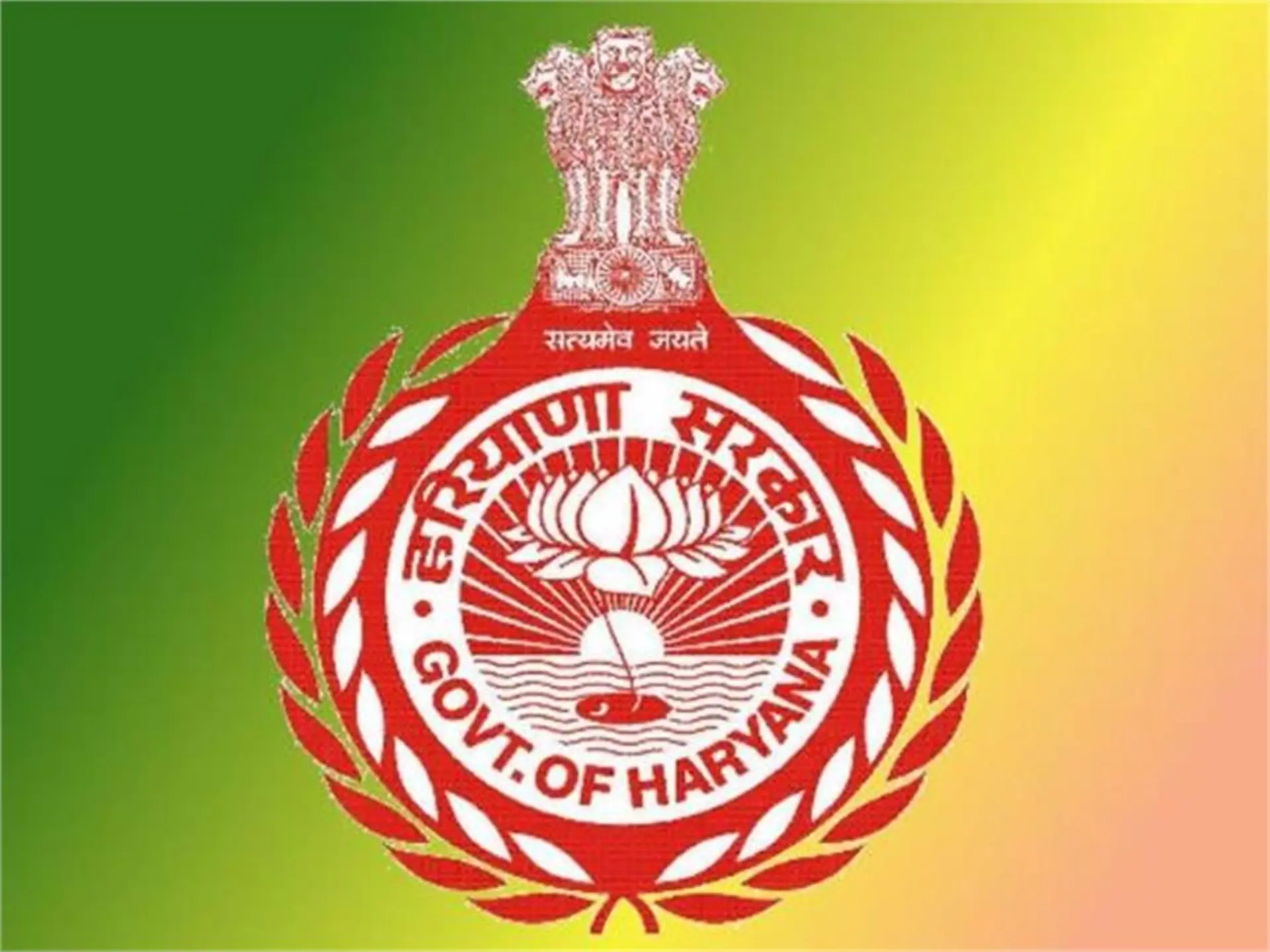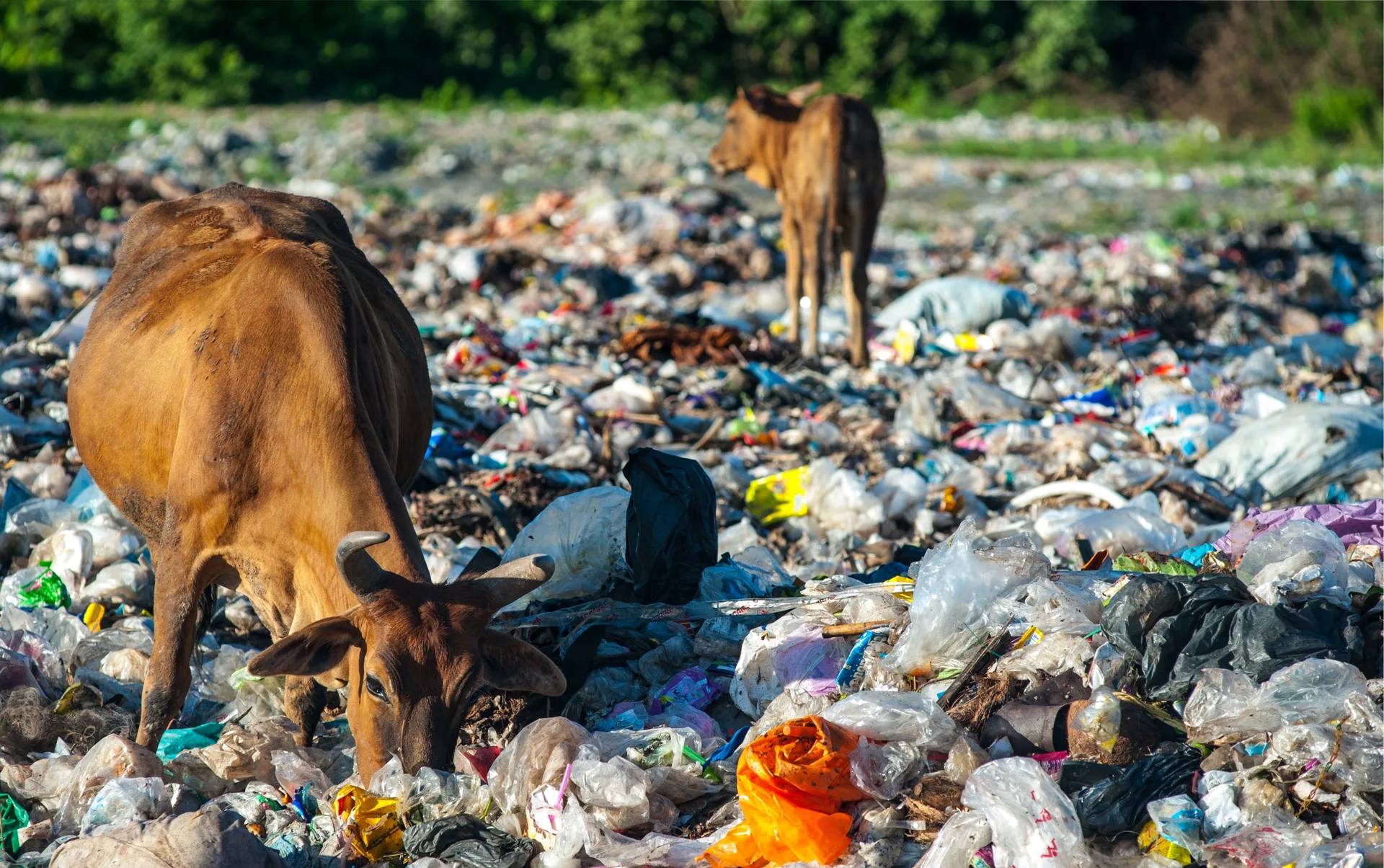
Authored by Dr. Ankita Dahiya. Dr. Dahiya is an Oral and Maxillofacial Surgeon with a diverse academic journey across Bangalore and other parts of South India. Rooted in Haryana, she now serves at a tertiary care government hospital, dedicated to delivering expert care with compassion and precision. Opinions expressed are purely personal.
The silent struggles of the women of Haryana in various sectors, especially healthcare, are a point of concern, stemming from systemic inequalities and discriminatory practices placing women at a disadvantage. In a state often associated with traditional values and deeply rooted patriarchal norms, disparity exists not only in the social and economic spheres but also within the healthcare system.
Women comprise a significant portion of Haryana's healthcare workers, particularly nurses and midwives. Nationally, about 70% of nurses and midwives are women. Haryana reflects a similar trend but with only 16-20% in leadership roles, according to the Ministry of Health and Family Welfare, Government of India—National Health Profile 2019 published by Central Bureau of Health Intelligence.
Despite their significant contribution to the health workforce, their professional struggles are largely ignored and unrecognized. Female healthcare workers face a host of challenges, from unequal pay and limited career advancement opportunities to workplace harassment, all of which reflect a broader societal disregard for women's roles. Women working in healthcare often find their identities overshadowed by traditional gender roles. Despite their qualifications, female healthcare workers, especially doctors, are usually addressed as "sister" or "behenji" rather than by their rightful title of "doctor." This constant casual dismissal of their expertise reflects a broader societal bias that confines women to caregiving roles, such as nurses or midwives, while overlooking their professional achievements. It is a clear indicator of how deeply entrenched gender stereotypes continue to shape perceptions in Haryana's healthcare system, ultimately reinforcing the "step-motherly" treatment of women.
Women as patients struggle with disparities as well, in terms of accessing healthcare as evidenced by the survey, Indian Journal of Community Medicine, "Gender Disparities in Healthcare in India" (2022), where it is shown only 25-30% of healthcare facilities are adequately staffed and equipped to meet women's healthcare needs. Studies show that in rural Haryana, households spend 30-40% more on the healthcare of male members compared to female members, reflecting a societal preference that prioritizes men's health. Mental health remains a neglected area of healthcare, particularly for women in Haryana where the social stigma and canvas of inequality runs deep into the culture.
The emotional trauma faced by women in healthcare settings, particularly those experiencing domestic violence, is often marked by resignation and normalization of abuse. For example, elderly women with severe injuries, such as facial fractures, often refuse to press charges against their abusers. Some even express gratitude that their husbands brought them to the hospital, viewing the violent act as a regular occurrence. This normalization of abuse reflects emotional numbness and social conditioning, where women are taught to accept violence without question, reinforcing a cycle of trauma and dependency that goes unchallenged.
The challenges faced by women in Haryana's healthcare system—whether as professionals or patients—reveals deep-rooted societal biases. From being addressed as "sisters" rather than "doctors" to enduring workplace harassment and neglect as patients, women's experiences reflect a troubling normalization of inequality and abuse. Structural issues like wage gaps, lack of leadership opportunities, and insufficient mental health support further compound these struggles. Addressing these disparities requires systemic reforms, gender sensitization, and stronger support networks so that women in healthcare, whether caregivers or care receivers, are treated with the dignity and respect they deserve.














